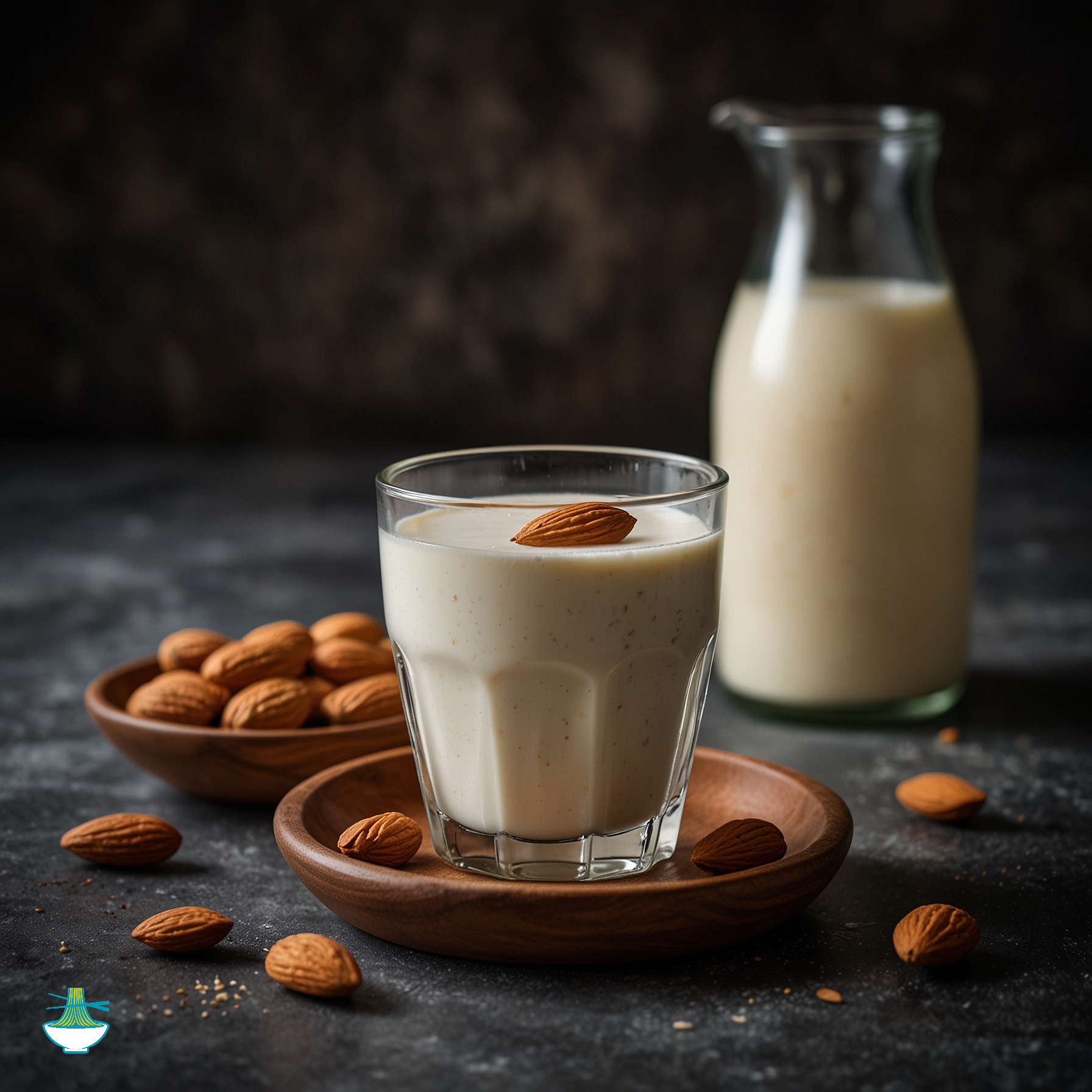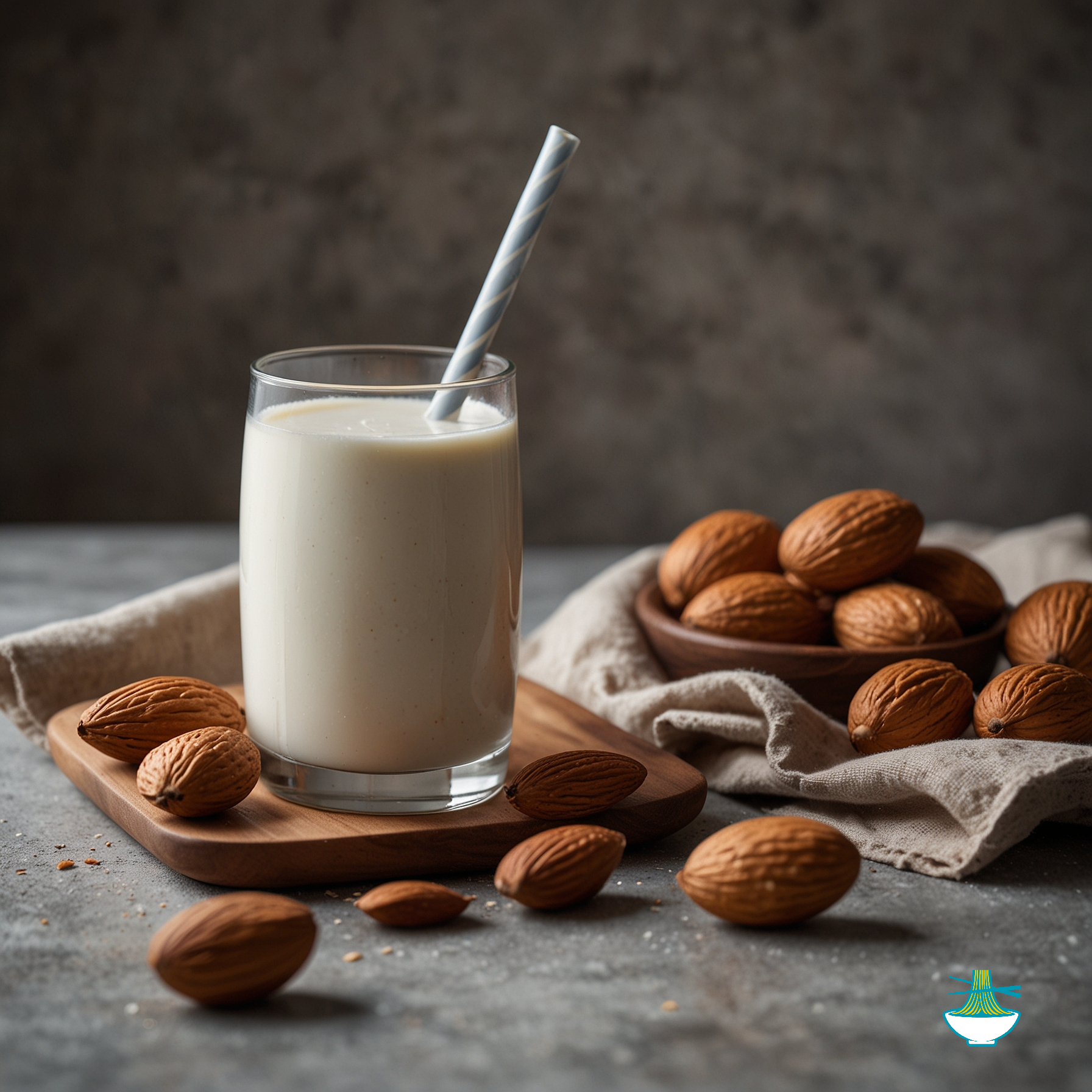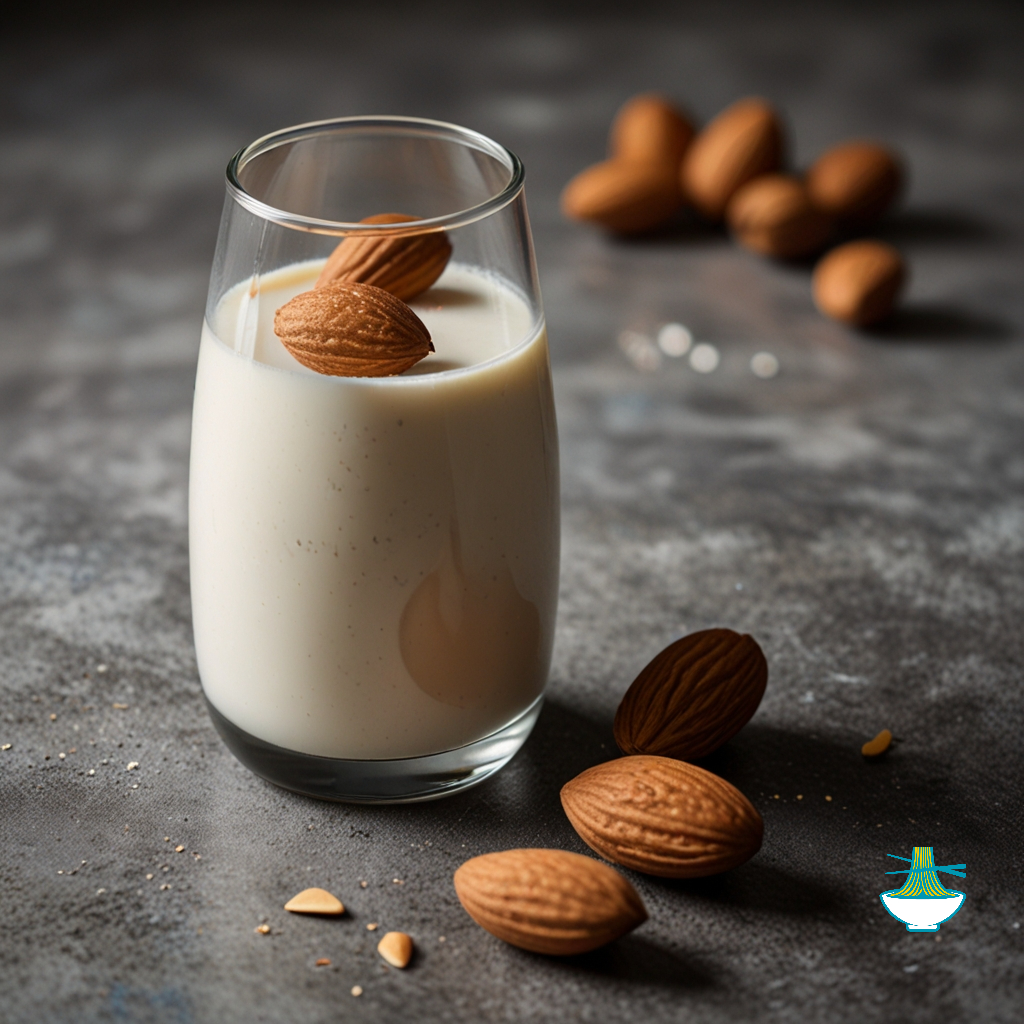Today, we're sharing a simple and nutritious recipe for homemade almond milk tailored specifically for your dietary needs. This gentle and additive-free option provides essential nutrients like vitamin E and calcium, supports digestion, and offers versatility in your diet. Enjoy its nourishing benefits as you navigate through your journey of treatment and recovery.
Ingredients:
- 1 cup raw organic almonds
- 4 cups filtered water (for blending)
- Additional water for soaking
Equipment:
- Blender
- Nut milk bag or fine mesh strainer
- Large bowl
- Glass storage container
Instructions:
1. Soak the Almonds:
- Place 1 cup of raw organic almonds in a bowl and cover them with water.
- Let them soak overnight or for at least 8-12 hours. This helps to soften the almonds and remove phytic acid, making the nutrients more bioavailable.
2. Rinse and Drain:
- After soaking, drain and rinse the almonds thoroughly under cool running water.
3. Blend:
- Place the soaked almonds in a blender with 4 cups of filtered water.
- Blend on high speed for 2-3 minutes until the mixture is creamy and the almonds are finely ground.
4. Strain:
- Pour the mixture through a nut milk bag or fine mesh strainer into a large bowl.
- Squeeze and press with clean hands to extract as much milk as possible. Discard the almond pulp or save it for another use (e.g., baking, smoothies).
5. Store:
- Pour the almond milk into a glass container and store it in the refrigerator.
- It should stay fresh for 3-4 days. Shake well before each use as it may separate.
Tips for Cancer Patients:
- Consult with a Healthcare Provider: Ensure that the almond milk is suitable for the patient’s specific dietary needs and treatment plan.
- Focus on Fresh, Whole Ingredients: Homemade almond milk ensures there are no additives or preservatives that might not be suitable for cancer patients.
- Nutrient Density: Almonds are rich in vitamins E, D, and calcium, which can be beneficial for overall health. Ensure that the patient’s diet is balanced and consult a nutritionist for personalized advice.
This version of almond milk is devoid of vanilla extract and sea salt, making it suitable for cancer patients who need a plain, straightforward option. Always consult with healthcare providers to ensure that any dietary changes are safe and appropriate for the patient’s health status and treatment plan.
Important Note
1. Choose Fresh, Raw Almonds: Opt for fresh almonds that haven't undergone extensive heating or roasting, as raw almonds retain higher levels of beneficial nutrients such as fiber, vitamins, and minerals.
2. Look for Organic Almonds: If available, prefer organic almonds as they are free from chemicals used in conventional farming practices.
3. Be Mindful of Allergies: Some cancer patients may have allergies to certain nuts like almonds, so it's essential to check for any allergies before consuming almonds in large quantities.
4. Store Properly: Store almonds in a cool, dry place to maintain their quality, flavor, and nutritional content.
5. Moderation is Key: Almonds are part of a healthy diet, but they should be consumed in moderation as they can be high in calories if eaten in large amounts.
6. Consult with a Doctor: Before incorporating almonds into a cancer patient's diet, it's important to consult with their treating physician to ensure it doesn't conflict with current treatment or the patient's health condition.
Remember, almonds are not a cure for cancer but can be part of a healthy diet that supports overall health and reduces the risk of chronic diseases.


Comments